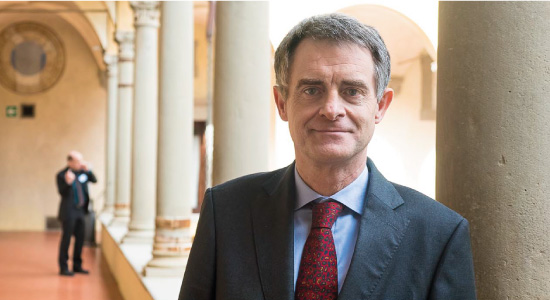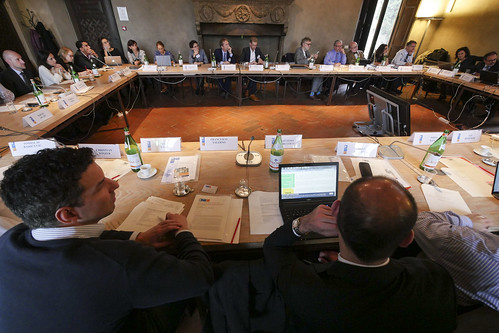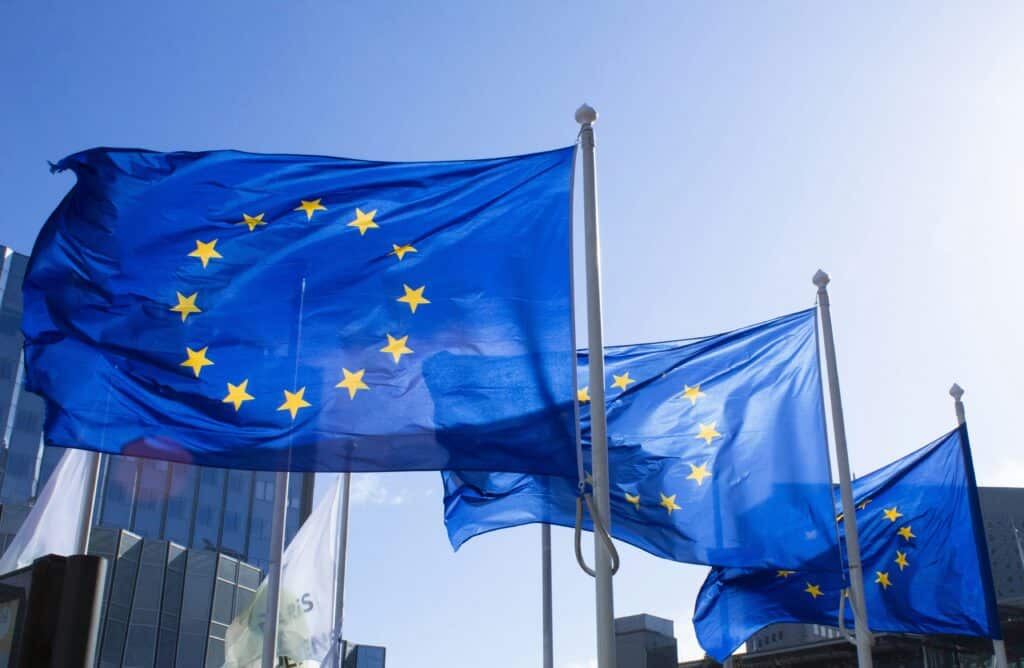The ongoing energy transition, with the resulting penetration of renewable energy sources, requires a higher level of flexibility in the electricity markets. Demand, through a more active participation in the various electricity markets, is widely recognised as one of the best solutions to provide additional flexibility. If compared with traditional flexibility resources, demand participation is often cheaper and can contribute to lower electricity prices for final customers. Such participation, given the rapid development of smart-metering and ICT solutions, is no longer impeded by technological barriers. However, an enabling regulatory framework and one or more viable business models are needed.
The Florence School of Regulation opened its 2017 – 2018 Regulatory Policy Workshop Series with a full day event on Demand Participation in Electricity Markets and Demand Response: Regulatory Framework and Business Models, on Friday 27th October.
The Workshop, starting from the proposals of the European Commission in the “Clean Energy for all Europeans” Package, attempted to identify the most appropriate regulatory framework and business models that can enable demand participation in markets on non-discriminatory terms.
During the extensive debate it was clear that several critical points must be addressed by the EU, if the Union is serious in promoting the uptake of demand participation and demand response. In particular, implicit demand response requires that final customers can have the possibility to be more directly exposed to dynamic pricing, e.g. via smart meters, short settlement periods and variable prices. Of course, customers not willing to be subjects to the vagaries of the wholesale market should still have the possibility to sign more stable and fixed-price contracts with their energy suppliers. On the other hand, explicit demand response rests on the existence of aggregators that may be independent or not from other actors of the value chain. The nature of such aggregators, their rights and obligations were undoubtedly the most contentious topics. Indeed, on these issues it was not possible to reach a final agreement between the different stakeholders attending the workshop.
A consensus was achieve only on the fact that flexibility from the demand side will be an essential aspect of the electricity markets of the future. For this reason, more market monitoring and cooperation among the companies and the relevant institutions will be necessary.







